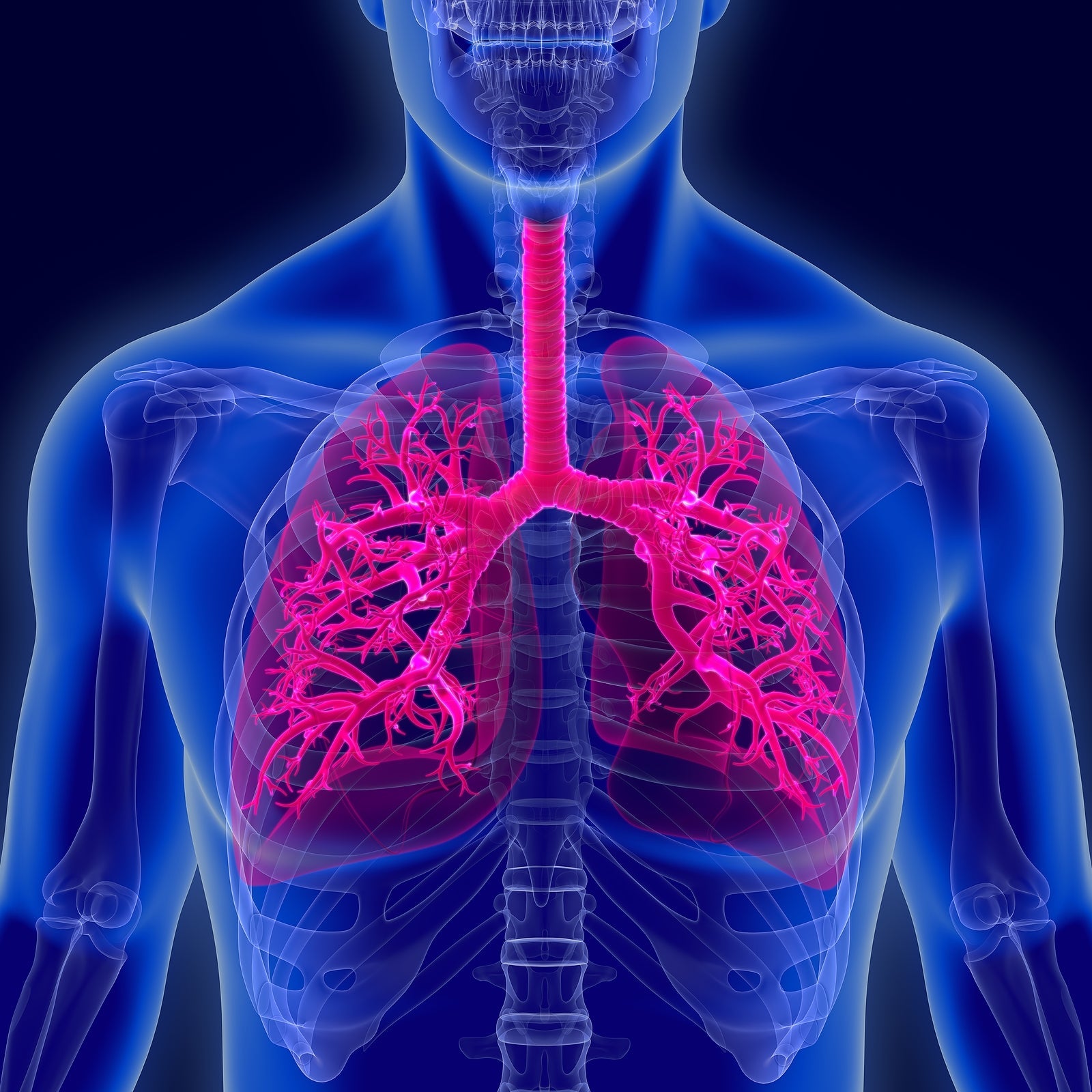Respiratory health is fundamental to overall well-being, as the respiratory system plays a vital role in delivering oxygen to the body and removing carbon dioxide. This article explores the importance of respiratory health, common diseases, modern treatment options, and practical goals for improving lung function. Additionally, we'll highlight the perspectives of notable figures and social media influencers on the topic.
The Importance of Respiratory Health
The respiratory system consists of organs responsible for breathing, including the lungs, trachea, and bronchi. Maintaining a healthy respiratory system is crucial for:
- Oxygen Supply: The lungs are essential for gas exchange, ensuring that oxygen reaches the bloodstream while expelling carbon dioxide.
- Physical Performance: Good respiratory health supports physical endurance and exercise performance, which are vital for an active lifestyle.
- Quality of Life: Healthy lungs contribute to better overall health, reducing the risk of chronic diseases and enhancing daily functioning.
Common Respiratory Diseases
Understanding common respiratory conditions can help individuals recognize symptoms and seek appropriate care.
- Asthma: A chronic condition characterized by inflamed airways, asthma can lead to wheezing, shortness of breath, and coughing. Management includes inhalers, lifestyle changes, and avoiding triggers.
- Chronic Obstructive Pulmonary Disease (COPD): Often caused by smoking, COPD encompasses chronic bronchitis and emphysema, leading to breathing difficulties. Treatments may include bronchodilators and pulmonary rehabilitation.
- Pneumonia: An infection of the lungs, pneumonia can result from bacteria, viruses, or fungi. Vaccines and antibiotics are critical for prevention and treatment.
- Lung Cancer: Risk factors include smoking, exposure to pollutants, and genetics. Early detection through screening and advancements in targeted therapies are vital for improving outcomes.
- Interstitial Lung Disease: This group of disorders involves scarring of lung tissue, leading to breathing difficulties. Treatments focus on managing symptoms and addressing underlying causes.
Guide to Goals for Better Respiratory Health
Setting achievable goals can lead to significant improvements in respiratory health. Here are some practical steps:
- Quit Smoking: If you smoke, seek resources and support to quit. Smoking cessation dramatically reduces the risk of respiratory diseases and improves lung function.
- Regular Exercise: Aim for at least 150 minutes of moderate aerobic activity each week. Activities like walking, cycling, or swimming can enhance lung capacity and efficiency.
- Breathing Exercises: Techniques such as diaphragmatic breathing and pursed-lip breathing can improve lung function and reduce breathlessness. Incorporate these exercises into your daily routine.
- Healthy Diet: Focus on a diet rich in antioxidants, vitamins, and minerals. Foods such as fruits, vegetables, nuts, and fatty fish support lung health by reducing inflammation.
- Stay Hydrated: Drinking plenty of water helps keep mucus thin and easier to expel, promoting clear airways.
- Regular Health Check-ups: Schedule annual visits with a healthcare provider to monitor lung health, especially if you have a history of respiratory issues.
Influential Voices on Respiratory Health
Scientists and Health Advocates
- Dr. David H. H. Hsu, a prominent pulmonologist, emphasizes the connection between air quality and respiratory health. He states, "Improving air quality can significantly reduce the burden of respiratory diseases."
Social Media Influencers
- Sarah's Day (@sarahs_day): A health and wellness influencer, Sarah often shares tips for maintaining a healthy lifestyle. She advocates for proper breathing techniques and emphasizes the role of nutrition in lung health.
- Dr. Mike (@doctor.mike): A physician and popular YouTuber, Dr. Mike regularly discusses the importance of respiratory health. He encourages his followers to incorporate breathing exercises into their daily routines and highlights the dangers of smoking.
- Fitness Blender (@fitnessblender): This YouTube fitness channel shares workout routines that improve cardiovascular and respiratory health. Their videos often include warm-up and cool-down breathing exercises, promoting overall lung function.
The Future of Respiratory Health
With advancements in technology and medicine, the future of respiratory health looks promising. Innovations include:
- Wearable Technology: Devices that monitor breathing patterns and oxygen levels can provide real-time feedback, helping individuals manage their respiratory health effectively.
- Telemedicine: Virtual consultations make it easier for individuals to access specialists, receive diagnoses, and manage chronic conditions from home.
- Gene Therapy: Research into gene therapy offers hope for treating genetic respiratory diseases, potentially correcting underlying issues at the cellular level.
Conclusion
Maintaining respiratory health is not just about managing diseases; it's a vital aspect of overall well-being and quality of life. The respiratory system is intricately linked to various bodily functions, and its efficiency impacts everything from physical performance to emotional health. By understanding common respiratory diseases, we empower ourselves to recognize symptoms early and seek appropriate care, which can be crucial in preventing serious complications.
Setting achievable health goals—such as quitting smoking, engaging in regular exercise, and practicing breathing techniques—can lead to substantial improvements in lung function. These actions not only enhance our physical capabilities but also contribute to a better quality of life, allowing us to engage more fully in the activities we enjoy.
Moreover, the importance of a balanced diet, adequate hydration, and regular health check-ups cannot be overstated. These lifestyle choices play a significant role in maintaining healthy lung function and can serve as preventative measures against respiratory illnesses. It’s crucial to stay informed about our health and to take proactive steps to safeguard our respiratory system.
As we look to the future, advancements in technology and medicine offer promising avenues for improving respiratory care. Innovations such as wearable technology, telemedicine, and gene therapy are set to revolutionize how we monitor and manage respiratory health, making it easier for individuals to access care and receive timely interventions.
The voices of influential figures, both in the scientific community and on social media, serve to remind us of the critical importance of respiratory health. Their insights and encouragement can motivate us to prioritize our lung health, making informed choices that support our well-being.
Ultimately, by embracing a holistic approach to respiratory health, we not only protect ourselves but also inspire those around us to take charge of their health. Prioritizing respiratory well-being is an essential step towards a healthier, more vibrant life, equipping us to face the challenges of today and tomorrow with resilience.
References
- American Lung Association. (2023). “Asthma Basics.”
- Centers for Disease Control and Prevention (CDC). (2023). “Chronic Obstructive Pulmonary Disease (COPD).”
- National Heart, Lung, and Blood Institute. (2023). “What Is Interstitial Lung Disease?”
- World Health Organization (WHO). (2023). “Respiratory Diseases.”
- Hsu, D. H. H. (2022). "Air Quality and Lung Health." Journal of Respiratory Medicine.
- Sarah's Day. Instagram: @sarahs_day.
- Dr. Mike. YouTube: @doctor.mike.
- Fitness Blender. Instagram: @fitnessblender.




